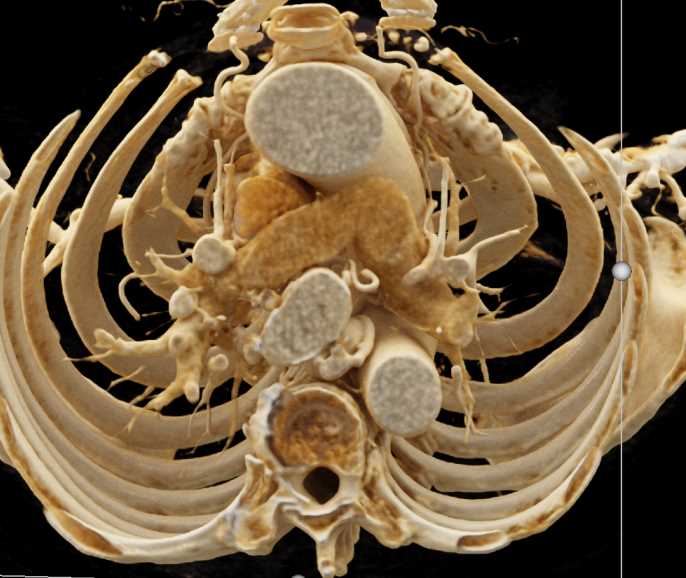Bronchial studies encompass a wide array of diagnostic and research methodologies aimed at understanding and managing diseases affecting the bronchial tubes and respiratory system. These studies are pivotal in diagnosing conditions such as asthma, chronic bronchitis, bronchiectasis, and other airway diseases. This article delves into the methodologies, advancements, and clinical applications of bronchial studies, providing a holistic understanding for researchers, clinicians, and healthcare enthusiasts.

The Importance of Bronchial Studies in Modern Medicine
Bronchial studies play a crucial role in:
- Diagnosing Respiratory Disorders: Identifying diseases like asthma, chronic obstructive pulmonary disease (COPD), and bronchiectasis.
- Guiding Treatment Plans: Offering insights into the severity and progression of bronchial conditions.
- Enhancing Research and Innovation: Supporting the development of novel therapies and interventions for respiratory health.
Diagnostic Techniques in Bronchial Studies
1. Bronchoscopy
Bronchoscopy is a cornerstone in bronchial diagnostics. It involves the insertion of a bronchoscope into the airways to visualize and collect samples from the bronchial tubes. Key applications include:
- Visual inspection for abnormalities such as tumors or blockages.
- Collection of tissue biopsies for histopathological examination.
- Therapeutic procedures, including clearing obstructions.
2. Pulmonary Function Tests (PFTs)
PFTs measure the functionality of the lungs and airways. These tests assess parameters such as:
- Forced Expiratory Volume (FEV1): Indicates airway obstruction.
- Peak Expiratory Flow (PEF): Reflects bronchial narrowing.
3. Imaging Studies
Advanced imaging techniques like computed tomography (CT) and magnetic resonance imaging (MRI) offer detailed views of bronchial structures. These are invaluable in detecting:
- Structural anomalies.
- Inflammatory patterns.
4. Sputum Analysis
Sputum analysis identifies infectious agents and inflammatory markers. It aids in diagnosing bacterial, viral, or fungal bronchial infections.
Emerging Advancements in Bronchial Research
1. Molecular and Genetic Studies
Recent advancements highlight the role of genetics in bronchial diseases. Research focuses on:
- Identifying genetic markers linked to asthma and COPD.
- Understanding epigenetic changes affecting bronchial health.
2. AI-Powered Diagnostics
Artificial intelligence and machine learning are revolutionizing bronchial diagnostics by:
- Enhancing imaging analysis accuracy.
- Predicting disease progression through data modeling.
3. Precision Medicine
Precision medicine tailors treatments based on individual genetic, environmental, and lifestyle factors, ensuring optimized therapeutic outcomes.
Clinical Applications and Patient Care
1. Management of Chronic Conditions
Bronchial studies provide actionable data to:
- Optimize inhaler therapy for asthma.
- Develop targeted medications for COPD.
2. Preventive Strategies
Early diagnosis through advanced bronchial studies facilitates:
- Timely intervention to prevent disease progression.
- Improved patient education and adherence to preventive measures.
3. Post-Treatment Monitoring
Ongoing studies ensure effective recovery by:
- Tracking lung function improvement.
- Detecting potential complications.
Bronchial studies are indispensable in understanding and managing respiratory diseases. With ongoing advancements, they continue to enhance diagnostic accuracy, therapeutic precision, and overall patient outcomes. A commitment to innovation in this field promises significant strides in respiratory health worldwide.
myhealthmag